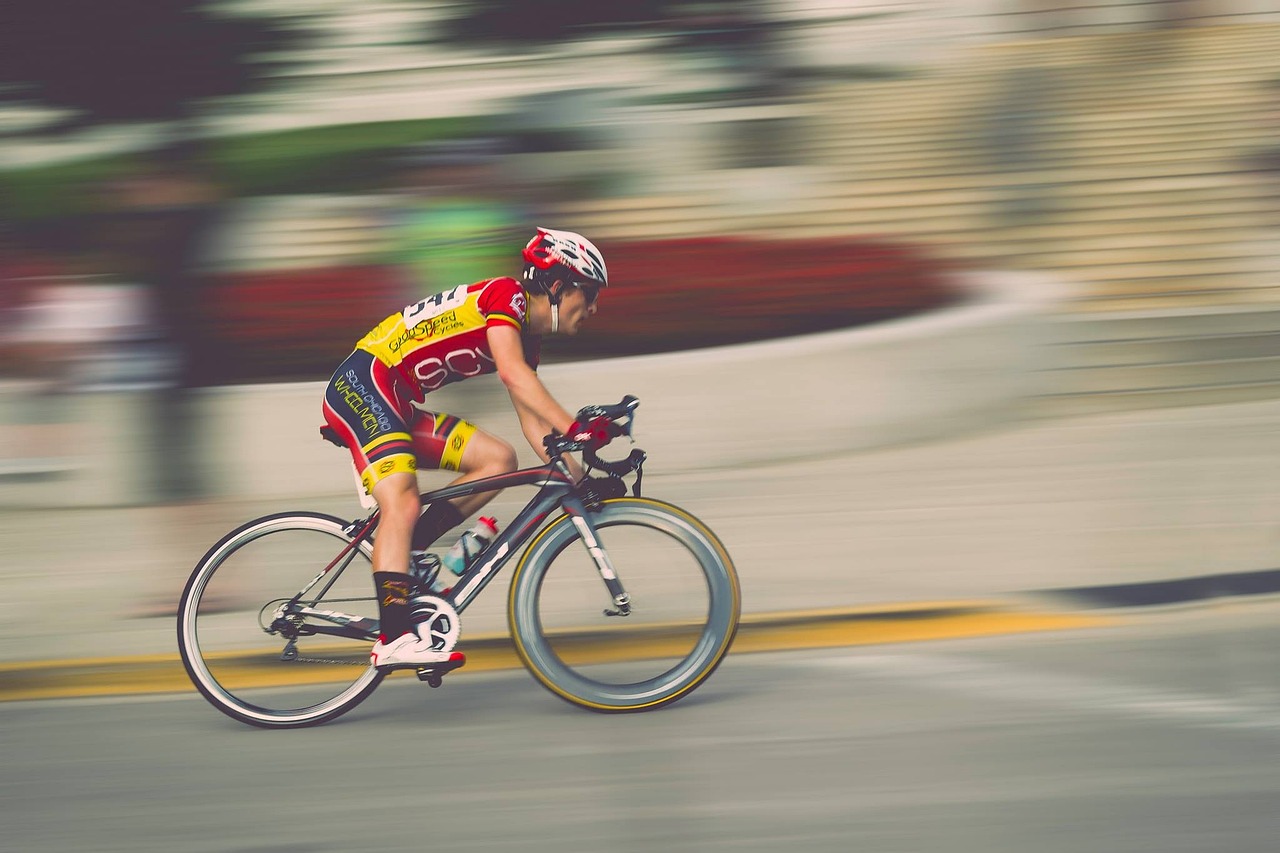Sport is a dynamic social activity that often attracts the interest of sociologists and other social scientists. Sport can reinforce existing beliefs, practices and meanings in society, as well as challenge these assumptions by revising or creating forms that oppose them, but you won’t have these problems with melbet-ci.com, where you can immerse yourself in sport without preconceptions.
While sport has long been recognized as a means of social mobility, there are a few key limitations to the debate surrounding it.
Physical activity
Sport fosters important social values, including teamwork, fair play, discipline and goal-setting. Furthermore, it helps individuals work hard towards setting personal goals while building self-esteem and increasing resilience – as well as providing physical fitness benefits and creating a sense of community spirit.
Research continues to demonstrate the positive benefits of sports for improving mental health, yet much of this work remains limited and doesn’t compare different forms of physical activity or their effects on psychological well-being. Furthermore, most studies use surveys as their methodology without offering clear guidelines as to how much exercise should be performed to maximize mental wellbeing.
Sociology of Sport is an emerging discipline which seeks to explore the place and role of sports in society. Sociologists of sport research the interaction between people and sports via various methodologies; its growth has been tremendous, leading to established associations worldwide.
Sport is increasingly used as a form of communication across cultures and identities in today’s globalized world, communicating messages about culture, identity, and social problems. Sport can serve as an effective medium to foster peace and understanding as well as challenge stereotypes and prejudice. Athletes can use sport to combat discrimination against women and minority groups by portraying positive images of femininity and diversity and inspiring young people towards reaching their dreams.
Social cohesion
Sociology of sport studies the role that sports play in society and how it can be utilized to combat social problems and inequalities. This field of research examines how sports can promote social cohesion among young people as well as combat any negative mental health effects caused by sport participation. Specifically, sociology of sport focuses on class and ethnic relations as well as its potential influence on improving life quality for young people through active lifestyle choices. Furthermore, sociology of sport looks into athlete exploitation practices within sport environments as well as its effects on mental health effects associated with participation within physical sports disciplines – among many others.
Sport studies is an interdisciplinary field that examines the causes and consequences of social problems and inequalities within society, such as poverty, violence and racism. Additionally, sport can be used as an antidote against these problems to foster cohesion and peace between communities while encouraging innovative research methodologies that deepen our understanding of sport’s impact on our daily lives.
Sport’s social impact depends on its context of play. For example, social cohesion increases when sporting activities take place within a cohesive community; on the other hand, it may decrease when conducted in an unequal environment due to factors like language barriers, ethnicity or race differences.
Gender equality
Sport is an integral component of globalization, serving as an avenue through which images and messages can be disseminated globally. Furthermore, it contributes to creating transnational cosmopolitan cultures as well as international social movements. Sport can also play an integral part in combatting gender stereotyping in society while helping promote gender equality through sports participation. Gender inequality within sport is a complex issue with various causes at its foundation – some being related to existing sexism within our society that manifests in violence against women or discrimination against them while others stem from existing sexism within sport itself – some attributed to existing sexism; some other reasons lie within existing sexism which manifests itself by using sports participation as a medium through which to combat stereotypes that perpetuated gender stereotypical representation within sport itself.
Gender inequality remains a serious problem in sports despite progress on the field of play. A survey conducted by Insure4Sport revealed that 75% of women believe there remains gender inequality within sports; furthermore, only seven percent of female respondents enjoyed watching female athletes compete; these results demonstrate there is much work to do towards gender equality in sports.
Sports has long been seen as an effective form of socialization for young people, helping them develop self-discipline, teamwork and leadership skills. Yet studies have demonstrated that its effects may not always be positive: depending on the values of those socializing them with sports can promote aggression and the belief that winning at all costs must be done no matter what. Some social psychologists consider these attitudes instinctive while others feel they are learned behavior.
Racism
Academic research that explores sport’s significance for modern society is experiencing tremendous momentum worldwide, reflecting its significant effects in fields as diverse as culture, identity, politics, governance, business, industry, communication, and technology. Sport in Society serves as a leading publication dedicated to this vital and groundbreaking area of inquiry and publishes original and outstanding peer-reviewed articles and commentaries that advance key understanding of professional and recreational sports, physical education/exercise/lifestyle factors; lifestyle considerations related to coaching or alternative activities within social settings.
Sports are cultural practices that have historically been produced and socially constructed; thus their meanings and values change depending on where and when they’re practiced. Sports serve both to reinforce existing beliefs and attitudes as well as challenge them – for instance, when breakdancing first made its Olympic debut, there were heated discussions surrounding its inclusion; similarly, gender issues are regularly an issue during Olympic competitions.
Sports provide spectators with both pleasure and meaning. Sports help fans reaffirm their beliefs about the world and give meaning to their lives while providing pleasures such as fetishism, voyeurism and narcissism. Yet being a spectator depends on social differentiation and class privilege – which highlights why it is vitally important to recognize complex inequality that encompasses discrimination of race, gender, and class.









